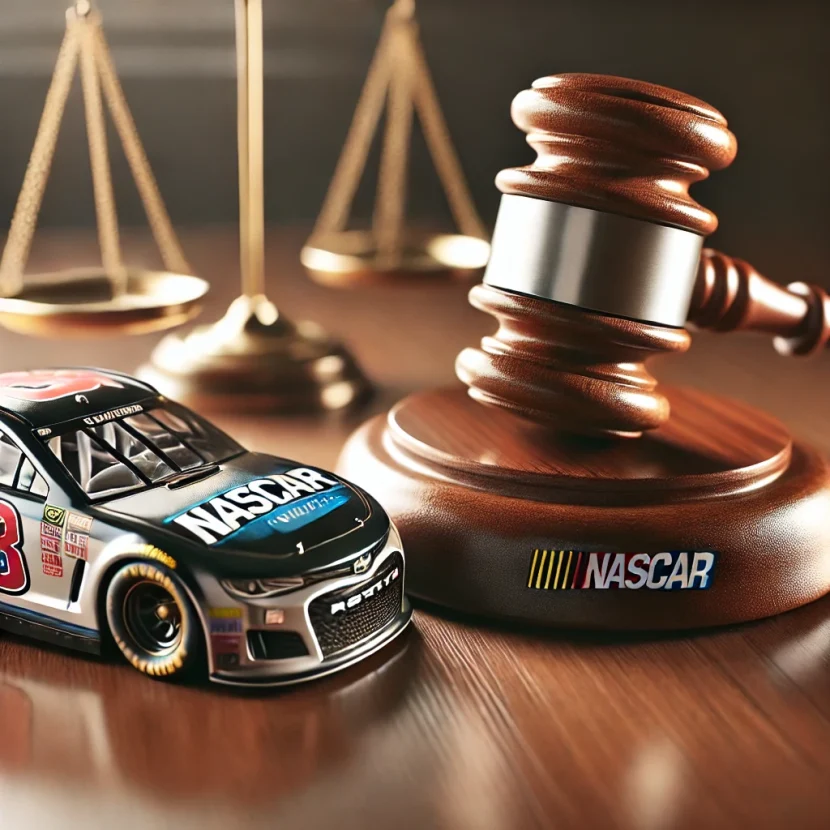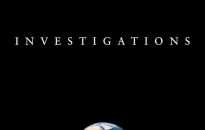In the ongoing legal showdown between NASCAR and the Michael Jordan-owned 23XI Racing, along with Front Row Motorsports, NASCAR has secured an early victory. On Thursday, U.S. District Judge Frank D. Whitney denied the racing teams’ request for expedited discovery. The request, if granted, would have compelled NASCAR to swiftly turn over documents crucial to […]
In the ongoing legal showdown between NASCAR and the Michael Jordan-owned 23XI Racing, along with Front Row Motorsports, NASCAR has secured an early victory. On Thursday, U.S. District Judge Frank D. Whitney denied the racing teams’ request for expedited discovery. The request, if granted, would have compelled NASCAR to swiftly turn over documents crucial to the teams’ case, but the ruling now sets a slower pace for 23XI Racing and Front Row Motorsports in their antitrust lawsuit.
23XI Racing and Front Row Motorsports claim NASCAR’s business model restricts competition, alleging that its agreements with racetracks and charter agreements limit economic opportunities for teams. Central to their complaint are the exclusivity terms NASCAR imposes, preventing racetracks from hosting non-NASCAR events and requiring teams to commit to the NASCAR charter system. They argue that NASCAR’s practices monopolize the top levels of professional racing and block teams from operating independently in the sport. The teams are represented by Jeffrey Kessler, a well-known sports attorney, underscoring their serious intent to challenge NASCAR’s influence.
In denying expedited discovery, Judge Whitney cited the broad scope and heavy burden of the documents requested, which span a period of eight years. These documents include NASCAR’s agreements with racetracks that host Cup Series events, materials related to its 2019 acquisition of the International Speedway Corporation, and details on the charter agreements scheduled for 2025. Whitney ruled that the request for such a comprehensive set of documents would be burdensome, stating that the plaintiffs’ demands were “overly broad” and went to “the crux of plaintiffs’ case.” He also found it problematic that the teams sought these materials within just five days of a court order, which he deemed unreasonable.
Judge Whitney also rejected the plaintiffs’ argument that expedited discovery was necessary to prevent irreparable harm. He noted that 23XI Racing and Front Row Motorsports had failed to demonstrate how the delay in obtaining these documents would cause harm that monetary damages could not address. NASCAR assured the court it has procedures to preserve relevant evidence, minimizing the risk of lost materials—a point that the judge found persuasive.
The lawsuit’s stakes are high. If the teams were granted a preliminary injunction, they could act as de facto chartered teams without signing NASCAR’s charter, effectively freeing themselves from the system’s restrictions. This outcome would shift power toward racing teams, granting them more flexibility to explore opportunities outside NASCAR and potentially reshaping the professional stock car racing landscape.
NASCAR, for its part, argues that its charter system supports a sustainable and competitive structure, benefiting both teams and fans. The organization asserts that the antitrust claims lack merit, contending that the plaintiffs are attempting to bypass the obligations of the charter while still enjoying its benefits.
This preliminary ruling favors NASCAR but does not mark the end of the case. For Jordan’s 23XI Racing, this setback signals a challenging path ahead, yet the teams remain poised to push for reforms they believe will level the playing field in motorsports. As both sides prepare for the next legal steps, the case has the potential to redefine NASCAR’s authority and its influence over professional racing.













